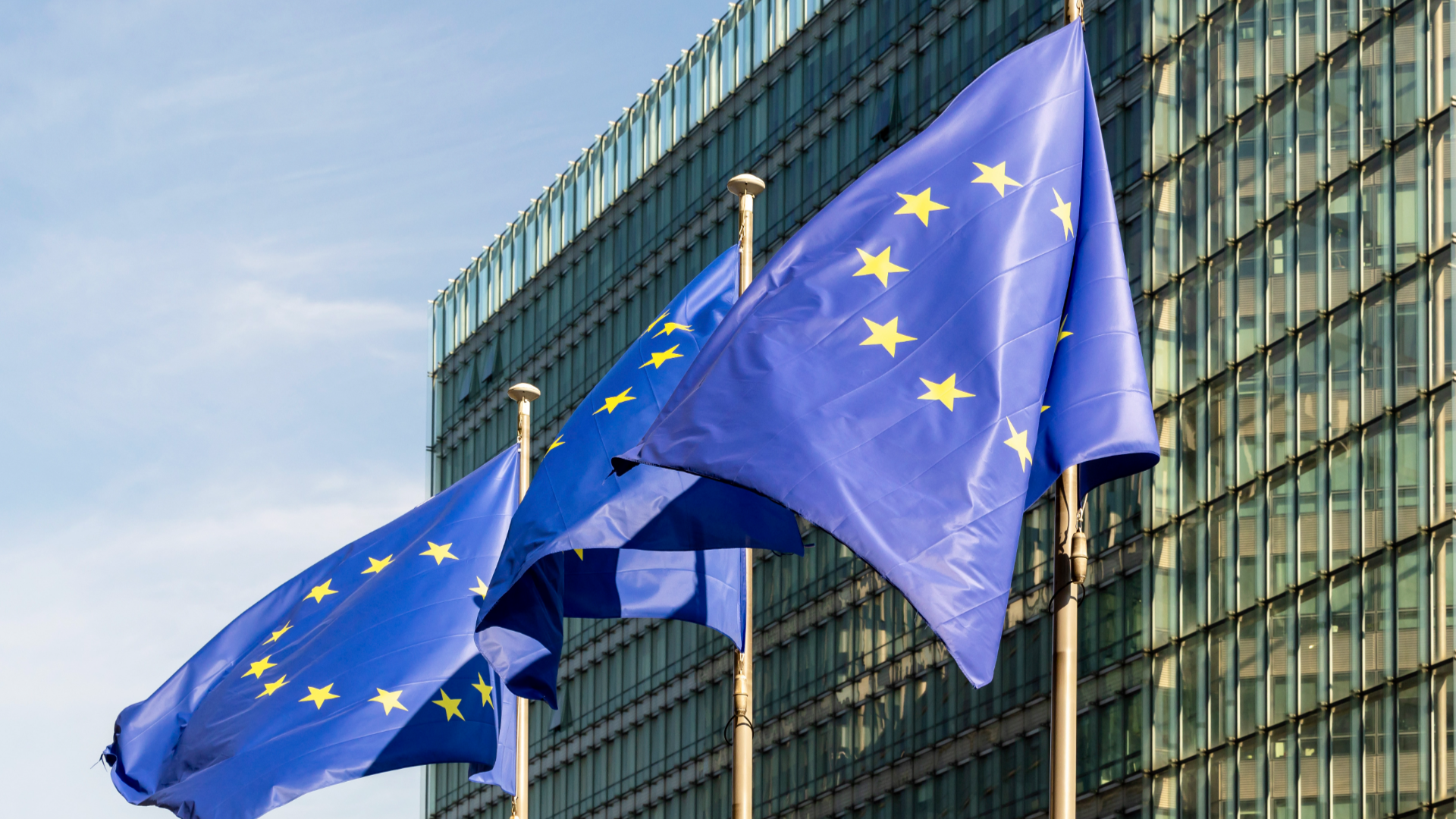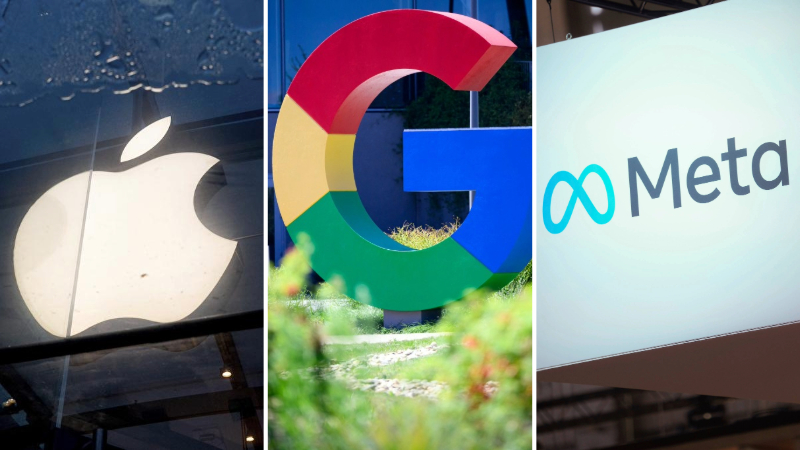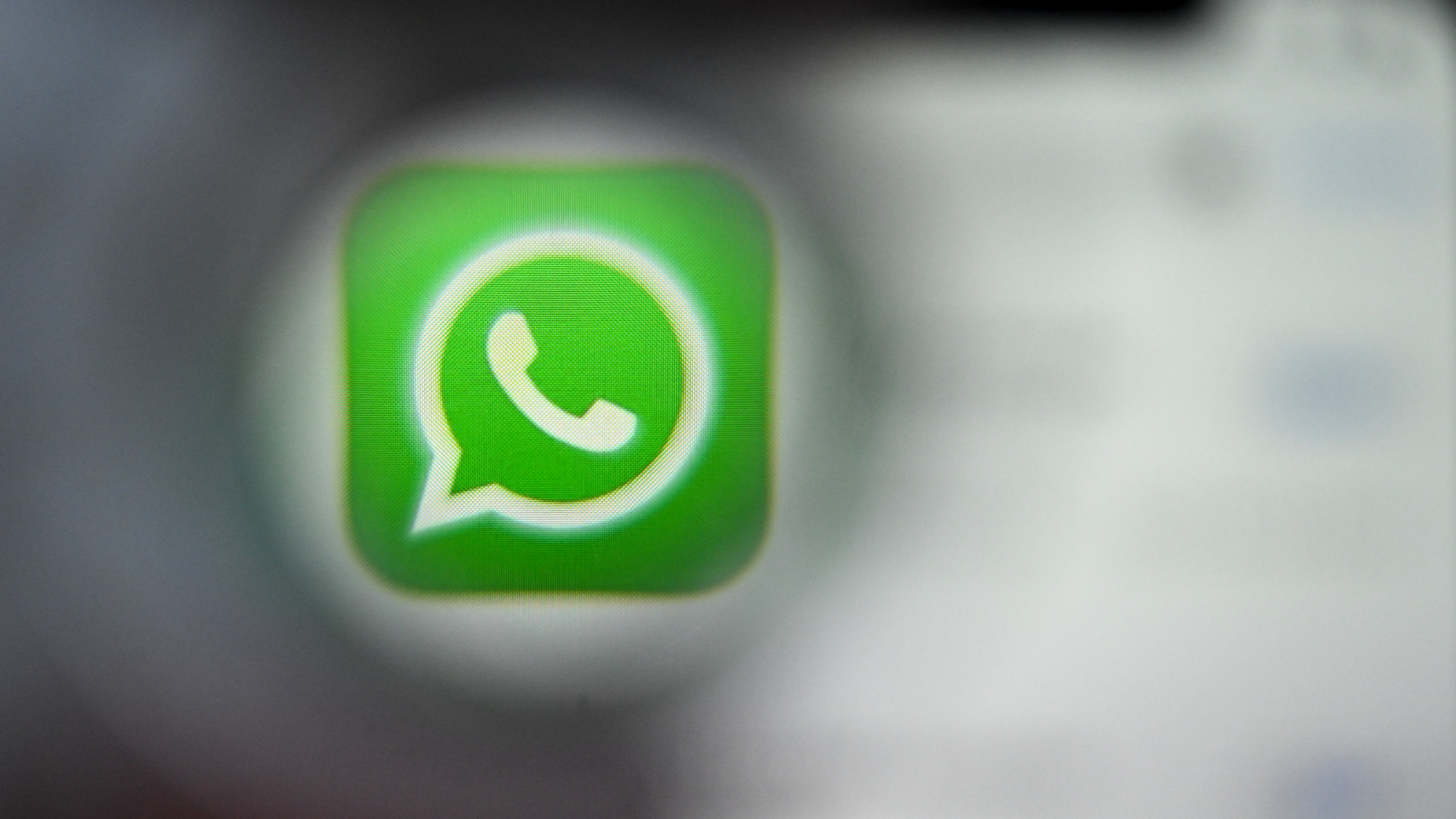
BRUSSELS - The European Commission on Wednesday scrapped draft rules regulating technology patents, AI and consumer privacy on messaging apps, saying it did not expect them to receive the green light from EU lawmakers and countries.
All three proposals had faced intense lobbying by industries and Big Tech.
Among them was a rule aimed at regulating standard essential patents used in technologies for telecom equipment, mobile phones, computers, connected cars and smart devices, proposed two years ago to end costly and lengthy litigation.
The EU executive said in its 2025 work program it saw no foreseeable agreement, and would assess whether another proposal should be tabled.
The patent rule pitted firms such as Nokia, Ericsson and Qualcomm, which own valuable essential patents, against carmakers, Apple and Google, which want to use them, with the dispute on the level of royalties to be paid.

Nokia - which together with Ericsson and Siemens had opposed the draft rules - cheered the move to scrap them.
"It would have had an adverse impact on the global innovation ecosystem, in particular the incentives for European companies to invest billions of euros each year in R&D," Nokia said in a statement.
ALSO READ: EU member states agree to revise ePrivacy rules
The Fair Standards Alliance, whose members include BMW, Tesla, Alphabet's Google and Amazon, said it was stunned by the Commission's decision.
"The withdrawal sends a terrible signal to innovative businesses who rely on a predictable and fair SEP licensing system," the lobbying group said.
The second draft rule binned by the Commission, the AI Liability Directive, proposed in 2022, would have allowed consumers to sue for compensation for harm due to the fault or omission of a provider, developer or user of AI technology.
The EU executive said it would assess whether to come up with another proposal.

"We should not assume this move signals a change in policy direction for the Commission when it comes to the regulation of AI," said Rod Freeman, head of law firm Cooley's global products practice.
"We have ground-breaking new laws on the books now in Europe governing AI, the impact of which we are still yet to see," he said.
The EU executive also ditched a plan which would require Meta Platforms' WhatsApp and Microsoft unit Skype to be subjected to the same tough rules as telecoms providers regarding users' privacy.
The rule known as the eprivacy regulation, which dates from 2017 and has been in limbo since 2020, sought to create a level playing field between Big Tech and telecoms operators.
It has been stymied by disagreements between EU countries on rules for cookies tracking users' online activities and provisions on detecting and deleting child pornography.
READ MORE: EU reassesses tech probes into Apple, Google and Meta, FT reports
The Commission said no agreement was expected from co-legislators, and that the proposal is "outdated in view of some recent legislation".


